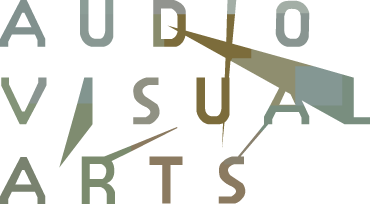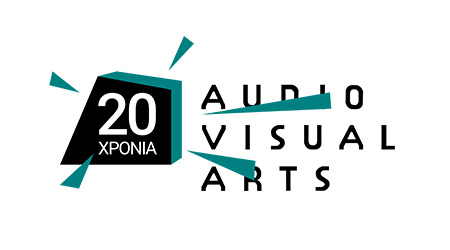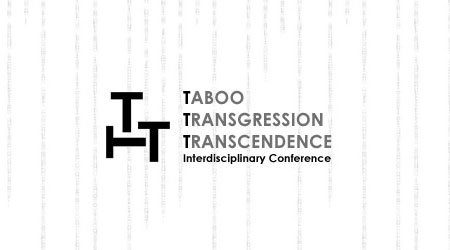Communication Theory
Teaching Staff: Mitsani Christina
Course Code: THE202
Course Category: General Background
Course Type: Compulsory
Course Level: Undergraduate
Course Language: Greek
Delivery method: Lectures
Semester: 2nd
ECTS: 5
Teaching Units: 3
Teaching Hours: 3
Teaching Structure:
| Activity | Semester Workload |
|---|---|
| Lectures | 26 |
| Tutoring Lectures | 13 |
| Literature Study and Analysis | 56 |
| Practice and Preparation | 30 |
| Course Total (ECTS: 5) | 125 |
Prerequisite to / Recommended to: THE302, (THE607)
In this course communication interaction is analyzed and integrated into a wider interdisciplinary field combining issues from cognitive science, consciousness studies and theories of emotion. More specifically, the subjects integrated in this course are: characteristics of human communication, verbal and non-verbal communication, perception and audience theory, expressions of emotions and their importance in human relations, cultural interpretation of emotions and its relevance in audiovisual arts.
In the context of the course, an experiential workshop is held in order to get to know the body, the importance of breathing, proprioception and how the relationship with the body is linked to the ability to communicate with the other. Confidence exercises and improvisations, emphasis on the strength of the team to achieve the goals.
Students will acquire the ability to understand communication phenomena and be familiar with the basic elements of interpersonal communication. Upon successful completion of the course, students will be able to:
- understanding the types of human communication
- understanding the perceptual process and its influences in communication
- expressing within a multicultural environment concerning the meaning in verbal and non verbal communication
- identifying basic facial expressions having in perspective individual differences in emotional development.
Week #1: Introduction to Interpersonal Communication: Theoretical and Historical Frameworks.
Week #2: Getting to Know the Body: Breathing, Movement, and Communication.
Week #3: Listening, Culture, and Gender in Communication Theory.
Week #4: Exploring the Relationship Between Body and Space.
Week #5: Verbal and Non-Verbal Communication: Symbolism and the Body.
Week #6: The Role of Gaze and Expressive Physicality.
Week #7: Emotions and Socialization: Cultural Dimensions.
Week #8: Role, Dramaturgy, and Identity – Goffman and the Performance of Self.
Week #9: Managing Facial Expressions: Control, Disguise, and Image Staging.
Week #10: Collaborative Groups and Creating a Scenic Presence.
Week #11: Public and Private Space in Communication and Art.
Week #12: Final Assignment Presentation (Part A).
Week #13: Final Assignment Presentation (Part B).
Brook, Peter, The Empty Space, Simon & Schuster, 1968.
Darwin, Charles, The expression of emotions in man and animals (1872), Oxford University Press: 2002.
Goffman, Erving, The Presentation of Self in Everyday Life, New York: Bantam Doubleday Dell Publishing Group, 1959.
Lepecki, André, Exhausting Dance: Performance and the Politics of Movement, Routledge, 2006.
McLuhan, Marshall, Understanding Media: The Extensions of Man, McGraw-Hill, 1964.
Oatley, Keith and Jennifer M. Jenkins, Understanding Emotions, Oxford: John Wiley and Sons, 1996.
Ong, Walter J., Orality and Literacy: The Technologizing of the Word, Routledge, 1982.
Sapir, Edward, Language: An Introduction to the Study of Speech, Harcourt, Brace & World, 1921.
Stanislavski, Konstantin, An Actor Prepares, Methuen Drama, 1936.
Whorf, Benjamin Lee, Language, Thought, and Reality: Selected Writings of Benjamin Lee Whorf, MIT Press, 1956.
Material available on the e-class platform.
Lectures.
Home assignments.
Experiential workshop.
Enhanced by multimedia content.
The learning process is supported by the asyncrhonous e-learning platform e-class.
Written examination paper.
Final written assignment.
Oral presentation of final written assignment.
Back



 Communication Theory
Communication Theory







